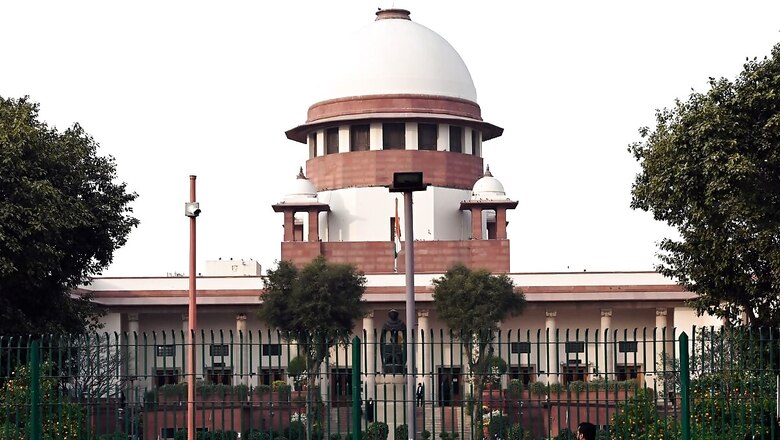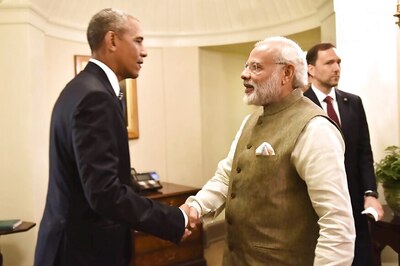
views
The Supreme Court on Wednesday refused to interfere with the Central government’s decision to grant an extension to the service tenure of Delhi Chief Secretary.
#BreakingNews | SC refuses to intervene in the decision to extend the tenure of Naresh Kumar for another 6 months by the central government@anany_b shares more details @poonam_burde | #NationAt5 #UttarkashiTunnelRescue pic.twitter.com/MdDy4staua— News18 (@CNNnews18) November 29, 2023
Chief Justice of India (CJI) DY Chandrachud, while pronouncing the judgement, said the extension of tenure under rule 16 of the 1961 rules will not apply to the chief secretary of GNCTD and will apply to any such officer whose function does not extend to the excluded subjects.
“We have come to the conclusion that at this stage bearing in mind the provisions of the CB 2 Judgment and the subsequent enactment of the services act, the decision of the union to extend the services of the incumbent chief secretary for 6 months cannot be construed to be violative of law,” CJI said.
“The evaluation is limited to the prima facie nature without getting into conclusive adjudication of issues pending before the constitution bench,” he added.
The top court was hearing a plea by the Delhi government challenging any move by the Centre to appoint, without any consultation with it, the new chief secretary, or extend the tenure of the current top civil servant, who is scheduled to retire on November 30.
On Tuesday, the Central government had informed the Supreme Court that it intends to extend Delhi’s current Chief Secretary Naresh Kumar’s service tenure beyond November 30.
The Supreme Court on Tuesday had also pulled the Delhi government over not releasing funds for the Regional Rapid Transit System (RRTS) project to the National Capital Region Transport Corporation (NCRTC).
While hearing the case, Justice Kaul of the Supreme Court said, “Why has [Delhi govt] not complied? I told you the other day that I’ll stay your advertising budget. I’ll attach it and take it here.”
“If such national projects are affected, and if the money is being spent on advertisement, we would be inclined to ask the money to be directed to the infrastructure,” the court further added.



















Comments
0 comment